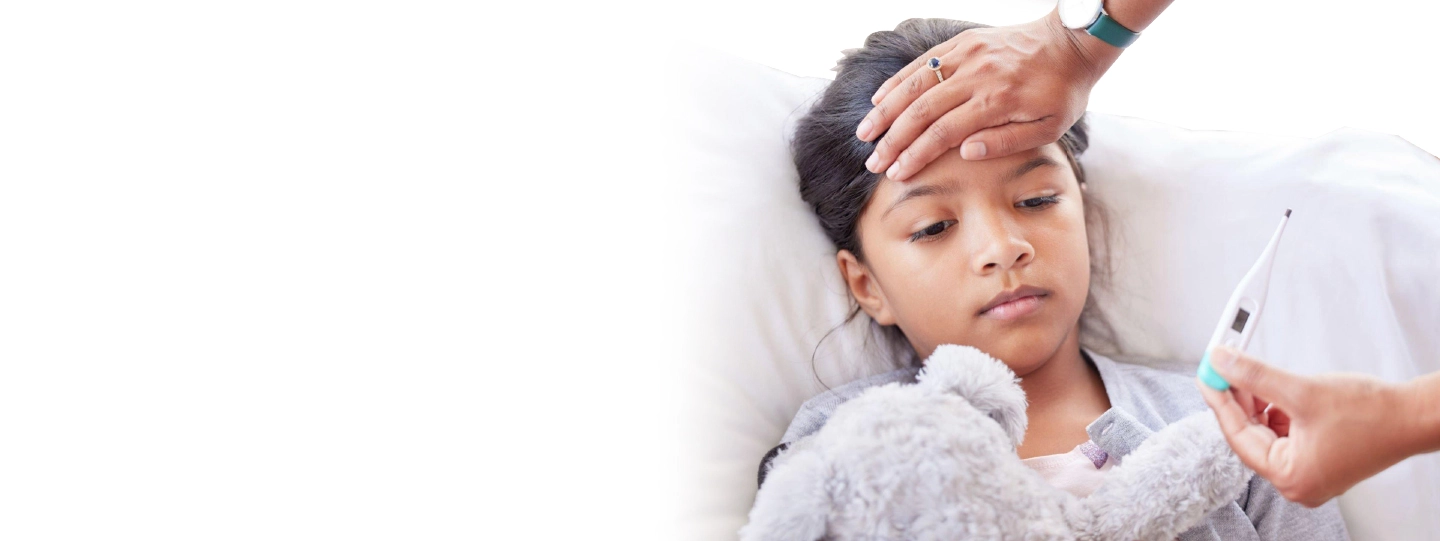Antibiotics and Children: Guidelines for Safe Treatment
Antibiotics, without a doubt one of modern medicine’s most revolutionary advances, have saved countless lives by battling bacterial illnesses. When it comes to children, however, their fragile and developing bodies necessitate unique precautions. Antibiotic abuse and overuse can have negative consequences, including the growth of antibiotic-resistant microorganisms. In this article, we will look at the critical guidelines for the safe and ethical use of antibiotics in children in order to protect their health and well-being with the help of experts in the treatments for pediatric infections in Mumbai.
Antibiotics: What Are They and What They Do?
Antibiotics are drugs used to treat bacterial illnesses by killing or suppressing bacterial growth. It should be noted that antibiotics are ineffective against viral infections such as the common cold or flu. Antibiotic use for viral infections adds to antibiotic resistance, which is a rising concern about world health.
Correct Diagnosis:
A correct diagnosis is required before beginning any antibiotic treatment. Healthcare providers must identify whether the child’s illness is caused by bacteria. This necessitates a detailed assessment of symptoms, a physical examination, and, in some cases, laboratory investigations. Using antibiotics only when necessary is ensured by relying on a competent diagnosis.
Adhere to Prescribed Dosages:
When antibiotics are recommended, it is critical to properly follow the dosage and schedule. Even if the child’s symptoms improve, never skip a dose or discontinue treatment early. Incomplete antibiotic courses can cause germs to develop resistance, making future treatments less effective.
Antibiotics for Children:
Children are not miniature adults, and their bodies’ process drugs differently than adults. Pediatric antibiotics are designed specifically for them. Age, weight, and developmental stage are all factors to consider in this regard. Adult antibiotics should never be given to children without the supervision of a specialised doctor.
Avoid Self-Medication and Overuse:
Parents should never self-medicate or share antibiotics with family members. Each person’s condition necessitates a unique antibiotic regimen. Furthermore, excessive antibiotic use can result in the creation of antibiotic-resistant types of bacteria, posing a major hazard to public health.
Inform People About Side Effects:
Parents should be aware of the potential negative effects of antibiotic treatment. Diarrhoea, nausea, and allergic responses are common side effects. Any odd symptoms should be reported to healthcare providers right away.
Preventive Actions:
Hand cleaning, appropriate hygiene, and being up to date on vaccines can all help to lower the risk of infection. Antibiotics can be used less frequently to treat infections.
Talk about allergies and your medical history:
Inform your child’s healthcare providers about any known allergies, medical conditions, or drugs he or she is currently taking. This information aids in the selection of the best appropriate antibiotic and the reduction of the risk of adverse reactions.
Deal with Antibiotic Resistance:
Antibiotic resistance can be combated by parents. They help to preserve the effectiveness of antibiotics for future generations by utilizing them wisely. Antibiotic resistance occurs when bacteria adapt to certain antibiotics, making infections more difficult to treat. New antibiotics are being developed slowly, and our current arsenal is at risk of becoming obsolete.
Antibiotic Substitutes:
Antibiotics may not be the only option in other circumstances. Doctors may recommend alternate treatments or depending on the child’s condition, techniques such as watchful waiting or symptom management may be used.
Communicate Openly:
It is critical to communicate effectively with healthcare providers. Concerns, queries, or observations about their child’s condition or treatment should be expressed by parents. Building close cooperation with medical specialists ensures that the child receives the best possible care.
Antibiotic Waste Disposal:
Once the antibiotic course has been completed, any leftover medication should be disposed of in accordance with local regulations. Antibiotics should never be saved for subsequent use without first consulting a healthcare expert.
Setting a Good Example:
Parents serve as excellent role models for their children. Parents build good behaviours in their children by displaying responsible antibiotic use.
Conclusion
Finally, antibiotics are an important aid in the treatment of bacterial illnesses in children. However, their use necessitates careful consideration and respect for rules in order to ensure the child’s well-being and the long-term effectiveness of antibiotics. Today’s ethical antibiotic use is an investment in the health of future generations. Parents can play an important role in protecting their children’s health and contributing to the worldwide campaign against antibiotic resistance by collaborating with healthcare professionals from the hospital for pediatric infections treatment and following these instructions.


